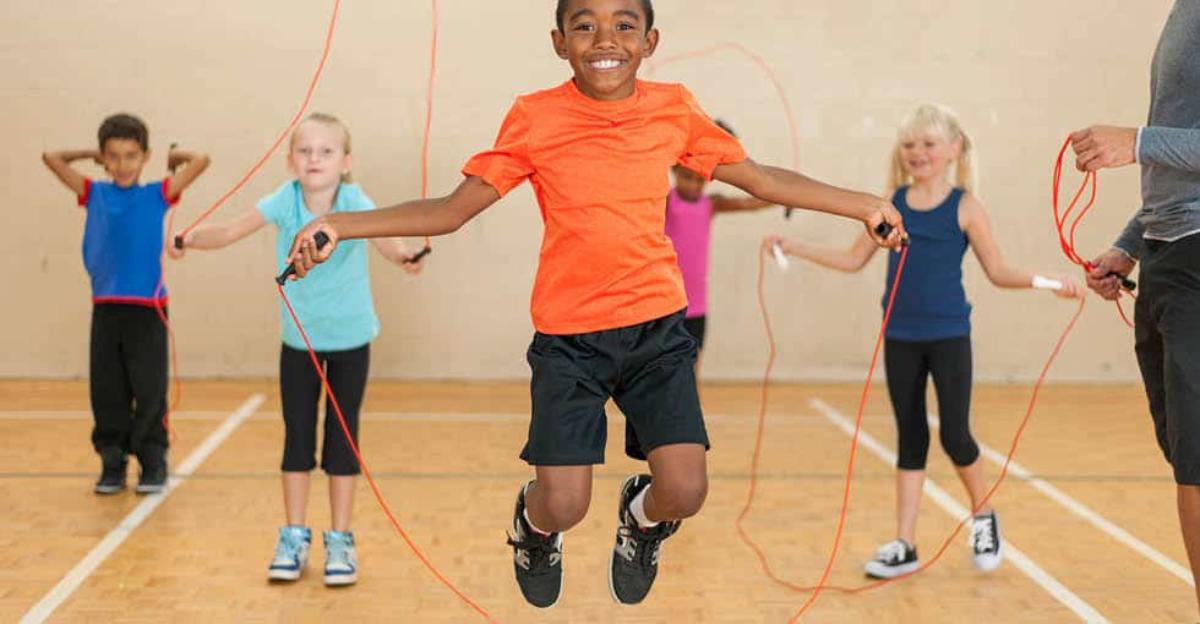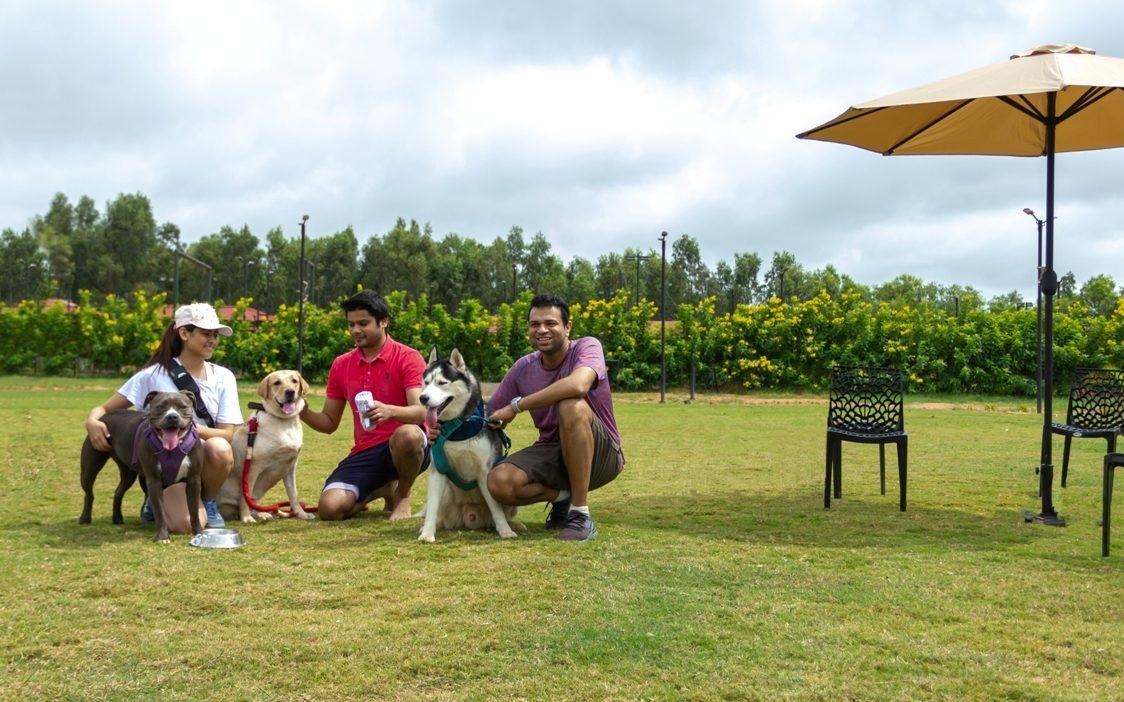Why Is Exercise And Physical Activity In Childhood Important?

One of the greatest joys in life is to see a child running and playing, dancing and having fun, healthy and willing, whether in parks, on the street, or in a room full of toys. That is any physical activity in childhood. But is it just me, or are we hardly seeing kids riding bikes, rollerblading, running, and climbing trees anymore?
Yes, it’s true, new technology has arrived for everyone, even children.
We don’t have to go far to see a four-year-old child already with his father’s or brother’s cell phone, move and watch virtual animations, and jump with only his little fingers. However, his body is extremely still on a chair, sofa, or even on the floor, where the interaction happens only between her and her screen, from her cell phone or tablet.
And then the following question arises: what about socialization with other children? And the fantasy of being a child? And the motor movement to reach adulthood? And health, where is it? Because the body needs movements, the human being needs interaction, socialization, needs to manipulation and feeling, needs to touch, and childhood is the period where discoveries come in!
Therefore, the text below describes the importance of physical activity in childhood and the benefits of physical exercise in places like Hot Ground Gym for childrens for example. Come on?
Childhood Physical Activity
Physical activity in childhood, or body movement, plays an essential role in child development. These movements express emotions, expand body posture, help with body language, and develop effective and intellectual capacity.
Movement Motor Skills
- To walk
- Run
- Jump
Movement Manipulative Abilities
- Object Throw
- ball kick
- Receipt of Some Item,
- Or even how to cut a paper
Movement Stabilizer Abilities
- Trying to Maintain Vertical Posture
- Have Body Dominance
- To roll
- walk on a track
- Rope on the Floor
All these skills must be stimulated within the physical activity in childhood, and once this stage is not worked, the child loses and unfortunately does not recover in adulthood. Changes in motor development and even affective or emotional development occur in the period of early childhood education. It is in childhood where psychological development and motor skills are built, including activities/plays of children in childhood. Playing in pedagogical work is a strategic task, using activities to improve motor skills. And as this child advances with age, these functions that have been developed over the period help improve the ability of their movements and abilities and a greater ability to control their movements.
Playing is where fantasy takes over reality, and so activities happen naturally.
Regardless of the chosen content, the teaching and learning processes must consider the characteristics of the students in all their dimensions:
- cognitive
- body
- affective
- ethic
- aesthetics
- Interpersonal relationship
- Social Insertion
Childhood is a very important phase for developing skills and behaviors, which last throughout life.


